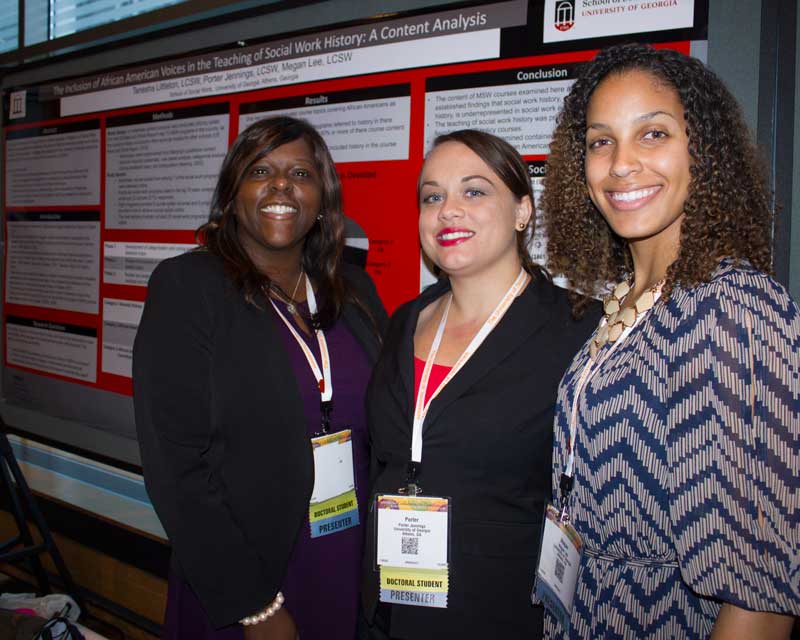by Joon Choi, Ph.D., Doctoral Program Director | Sept. 30, 2020
For the past 30 years, UGA Social Work Ph.D. Program has produced more than 160 social justice-minded researchers and social work educators who train future social work professionals to engage in anti-oppressive social work practice.
I am the most proud of our program when our graduates and students tell me how our program boasts a diverse faculty and student body, a balanced program culture of rigor and support, and nurturing and outstanding faculty.
It’s all about people! People – faculty, staff, students, and alumni – make differences in how our program is, and how our program supports our students makes differences in their contributions to social work research and education.
Some of our graduates are deans and directors of other social work programs, some are renowned social work scholars, and some are leaders in public and private organizations such as the Centers for Disease Control, Veterans Affairs, and the World Health Organization.
And this tradition continues with our current students, who engage in research that addresses persistent and emerging inequities.
For example, dissertation research conducted by five students on the job market this year includes exploring community-based solutions to deteriorating social cohesion and environmental injustice (Joel Izlar), examining the influence of race and income on academic achievement gap of low-income, African American children (Megan lee), understanding experiences of Black social work practitioners and racial microaggressions (Shena Brown), adapting Reflective Structural Dialogue (RSD), which is a dialogue model for building bridges between polarized groups, for use in digital contexts (Katherine Gower), and testing the impact of technology on the aging-in-place process (George Mois).
These research studies are all so timely and will make big impacts on tackling the many critical issues we face.
We do our best to support our students, but we cannot do it alone. In some cases very promising young scholars face financial hurdles that slow their progress. I hope readers will consider investing in the future of social work research by contributing to the School of Social Work Doctoral Assistantship, which enables our students to complete their studies and present their work among their peers.

